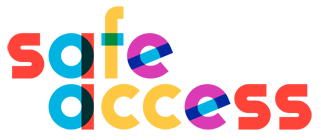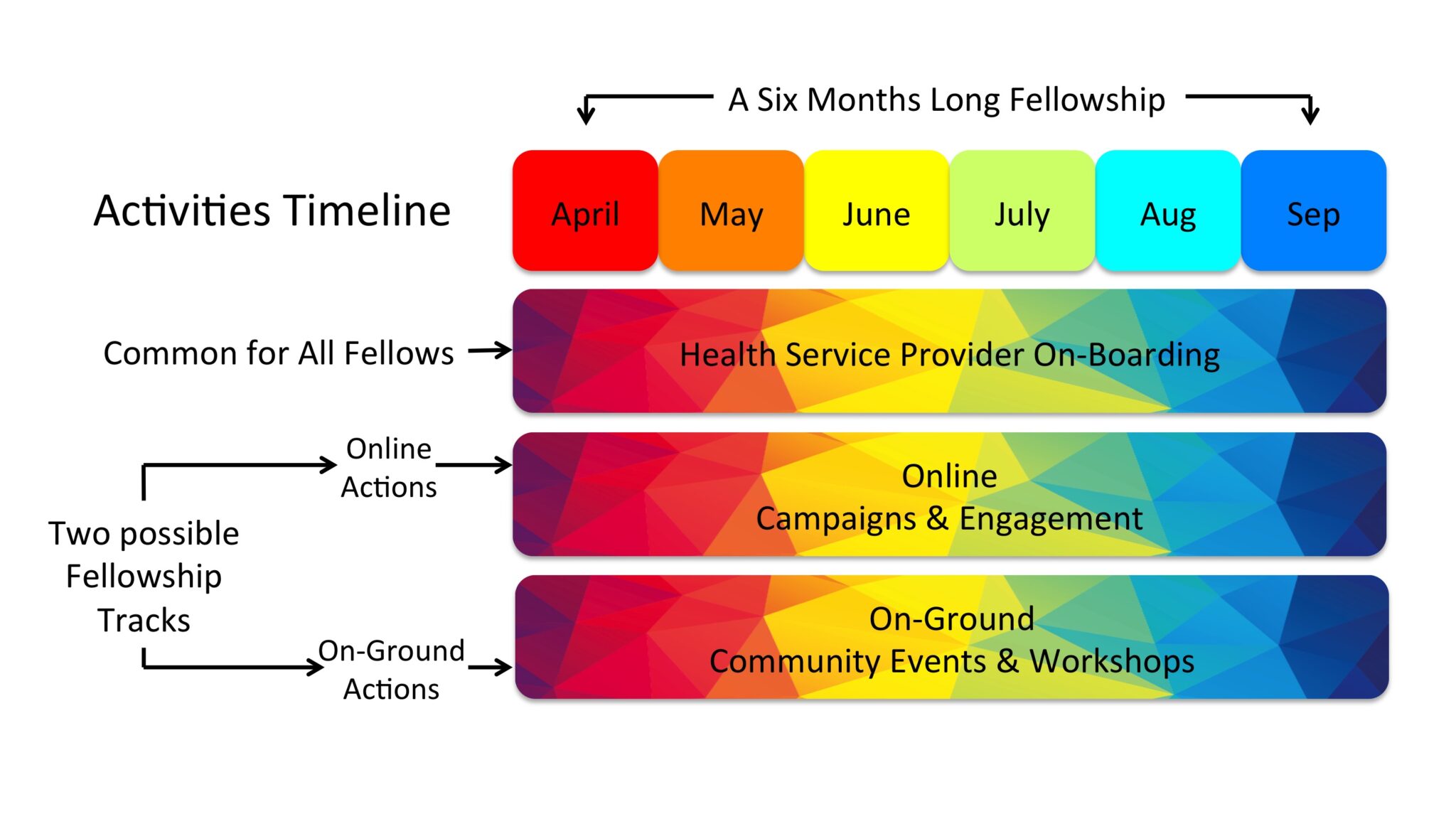What is Safe Access Fellowship?
We envision a world where, LGBTQ+ community can walk into any healthcare clinic, without the fear of judgment, discrimination or worry of being misdiagnosed for their sexual and mental health or overall well-being. However, even in a post-377 India, where homosexuality is now decriminalized, the community still remains fearful of homophobia, harassment, verbal abuse and discrimination and avoid or delay their visit to a doctor.
In our research, over 50% of LGBTQ+ community respondents felt fearful approaching healthcare providers, and 82% felt they could not trust a doctor disclosing their identities or sexual orientation, which could result in misdiagnosis. It is our mission to change this narrative and enable access to equitable healthcare for the LGBTQ+ communities across India.
Safe Access Fellowship 2020 Edition is a six-months long, part-time, non-residential fellowship with two primary goals:
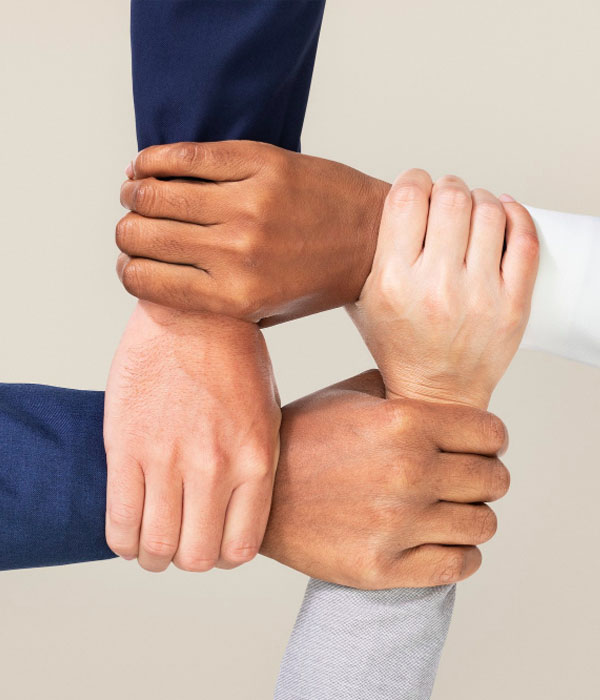
Fellows will build their capacity to be a change-agent and a champion for LGBTQ+ health rights
-
Training on applying human-centric design for LGBTQ+ health access challenges

-
Training on designing and executing social media campaigns, and community awareness events
-
Make healthcare providers allies of LGBTQ+, by building their awareness on health disparities
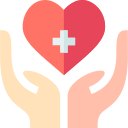
-
Learn what community could do to improve access to safe and quality healthcare
-
Grants and support to organize healthcare awareness events and workshops
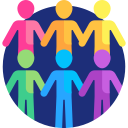
-
Training on applying human-centric design for LGBTQ+ health access challenges
